On November 17th, hundreds of thousands of French citizens wearing bright yellow safety vests blockaded roads across the country. Over the following weeks the “Gilets Jaunes” protests, sparked by hikes to gas and diesel taxes, drew international attention and forced French president Emmanuel Macron to suspend the tax increase and raise the minimum wage. Proponents of climate change policy around the world, and especially in the United States, have a lesson to take from the French case.
The protests are wrongly being interpreted as evidence that “big government” policies to address climate change are politically infeasible. This analysis ignores the demands of the protestors themselves, which include greater corporate regulation and expanded social safety-net programs. The real lesson is this: solutions to climate change that sidestep or exacerbate economic inequality are not just ethically dubious, they are politically impractical. A fossil-free economy will have to be a fairer economy.
The strength of the Gilets Jaunes reaction surprised many observers, not least because the fuel tax increases were long-planned. But the tax hikes followed a series of abrupt new economic reforms that benefited the wealthy and undercut worker protections. President Macron, elected as a centrist only a year and a half ago, had substantially reduced union power in the workplace and drastically cut taxes on the rich. The president, a former banker, solidified his reputation as “president of the rich” by reacting unsympathetically to a gardener struggling with unemployment, insisting that the young man could easily find a job if he so much as “crossed the street.”
In this political context, a planned increase in the gas tax looked like more class warfare from above. While many U.S. cities are car-centric, the French elite are heavily clustered in a few urban centers where excellent public transportation makes cars largely unnecessary. The French equivalent of the “inner city,” with its implications of poverty and de-investment, is the “banlieue,” or suburbs. Those living outside of the major cities are much more reliant on cars, and therefore much more affected by fuel taxes. And—in a phenomenon broadly similar to the United States—rural communities do not feel they have shared equally in the country’s prosperity. The French fuel taxes, therefore, fall especially disproportionately on lower-income, working-class people, in areas of the country struggling economically.
Adding insult to injury, the French gas tax hike came on top of mounting evidence that tax laws are not applied equally to the rich and the poor. Like in the United States, the French have seen growing loopholes in the income tax code, prominent instances of the very wealthy avoiding taxes and major cuts to the public finance administration. (If you doubt the political significance of tax administration, read this report from ProPublica about the gutting of the IRS.)
As tax cuts went to the wealthy, it is no wonder working people in France objected to fuel tax increases. But the demands of the Gilets Jaunes were far from anti-government. The protestors argued for progressive taxation; stronger regulations of big business; and new protections for children, the elderly, and workers. As French tax historian Alexis Spire concludes, “tax has become a central issue in the anti-austerity struggle.” In particular, the protestors insisted that big businesses —Amazon, Google and McDonalds are mentioned by name—should “pay big.”
France has a reputation for radicalism, but these policy preferences are not unique; asked what bothers them about the tax code, three fifths of Americans say that corporations and the wealthy don’t pay their fair share. About a quarter say they are bothered by the amount of taxes they pay.
The implication for U.S. tax policy, and climate change policy in general, is not that people are opposed to taxes, nor that tax-based climate change policy is politically impossible. Rather, the French example makes clear that the response to climate change requires a serious focus on the needs of poor and working-class people who have less protection against economic upheaval than wealthier people do. Fundamentally, climate change and the Gilets Jaunes protests are symptoms of a single problem: an extractive, exploitative, unsustainable economy. We cannot treat these symptoms separately.
The most profoundly naïve climate policy would be to continue to offer small fixes to an immense problem, and to attempt to pass the cost of a fundamental economic transition onto those unable to bear it.
It is deeply heartening to see legislators and policy analysts laying the framework for a “Green New Deal.” Predictably, some commentators were quick to criticize the policy agenda as impractical. Any sober examination of the climate data and the political landscape would tell you the opposite is true. The most profoundly naïve climate policy would be to continue to offer small fixes to an immense problem, and to attempt to pass the cost of a fundamental economic transition onto those unable to bear it. It is an approach that put thousands of French citizens in the streets last month.
The real barrier to climate action is not popular opinion, it is corporate power. The immense spending to prevent the passage of carbon tax in Washington State is a demonstration of how powerful the fossil fuel industry can be. Social movements can overcome the opposition of a small but well-funded lobby, but people need an incentive to support policy change. The most promising course, both politically and economically, is combining the economic fairness people want with the pollution control our climate system demands. Link de-carbonization to anti-austerity policies, and the next iteration of Gilets Jaunes—whether in Paris or Peoria—will be demonstrating in support of climate action. Popular support is a prerequisite for the scope of the economic transformation climate change requires. We simply do not have time to tinker while the planet burns.
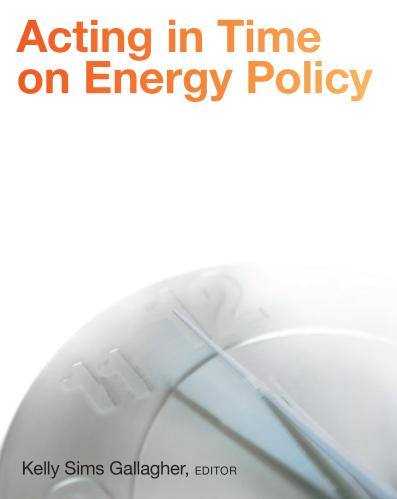
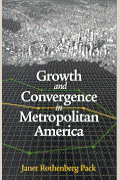
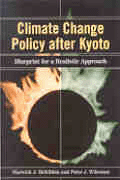
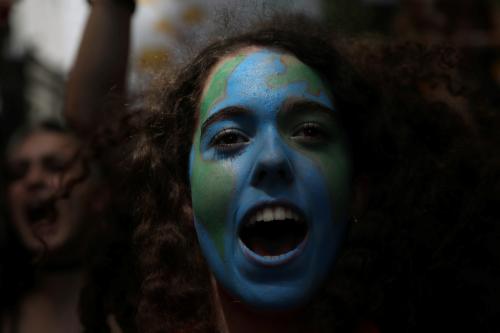
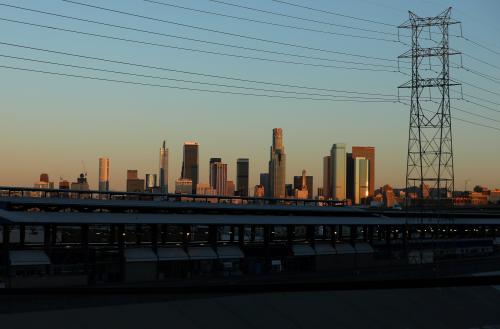
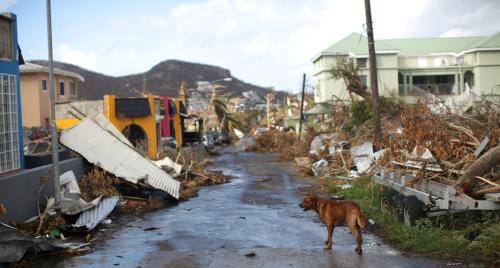




Commentary
What France’s Yellow Vest protests reveal about the future of climate action
December 20, 2018